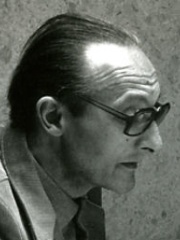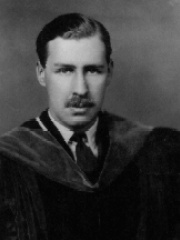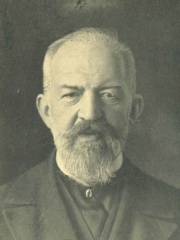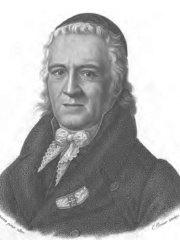

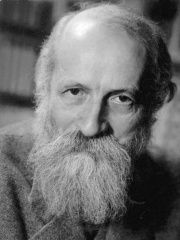
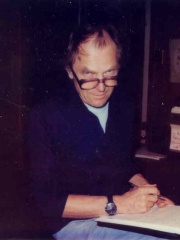
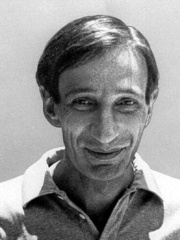
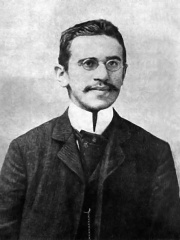
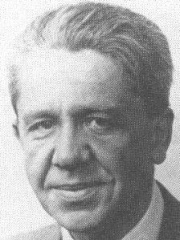
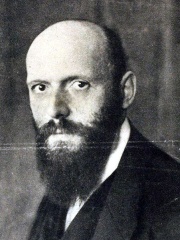
The Most Famous
Philosophers from Austria
This page contains a list of the greatest Austrians Philosophers. The pantheon dataset contains 1,267 Philosophers, 17 of which were born in Austria. This makes Austria the birth place of the 15th most number of Philosophers behind Egypt and Iran.
Top 10 Philosophers
The following people are considered by Pantheon to be the top 10 most legendary Austrians Philosophers of all time. This list of famous Austrians Philosophers is sorted by HPI (Historical Popularity Index), a metric that aggregates information on a biography's online popularity. Visit the rankings page to view the entire list of Austrians Philosophers.
- #1

Ludwig Wittgenstein
1889 - 1951
HPI 83.27121 langsLudwig Wittgenstein is most famous for his work in philosophy, particularly his theory of language and his work in the philosophy of...Read moreShow less
Ludwig Wittgenstein is most famous for his work in philosophy, particularly his theory of language and his work in the philosophy of mathematics.
- #2

Karl Popper
1902 - 1994
HPI 81.8692 langsKarl Popper is most famous for his idea of falsification. He argued that for a theory to be scientific, it must be falsifiable, or capable...Read moreShow less
Karl Popper is most famous for his idea of falsification. He argued that for a theory to be scientific, it must be falsifiable, or capable of being proven false.
- #3

Martin Buber
1878 - 1965
HPI 76.7565 langsMartin Buber is most famous for his book I and Thou.
- #4

Paul Feyerabend
1924 - 1994
HPI 72.7545 langsPaul Feyerabend is most famous for his work in the philosophy of science. He is considered one of the most influential philosophers of...Read moreShow less
Paul Feyerabend is most famous for his work in the philosophy of science. He is considered one of the most influential philosophers of science of the 20th century. He is best known for his "anything goes" approach to science, which he summed up in his slogan "anything goes".
- #5
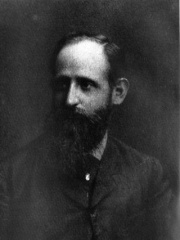
Josef Breuer
1842 - 1925
HPI 72.4831 langsJosef Breuer is most famous for co-authoring a book with Sigmund Freud called Studies in Hysteria. The book discussed the treatment of...Read moreShow less
Josef Breuer is most famous for co-authoring a book with Sigmund Freud called Studies in Hysteria. The book discussed the treatment of patients with hysteria.
- #6

Ivan Illich
1926 - 2002
HPI 71.5141 langsIvan Illich is most famous for his book, Deschooling Society. In this book, he argues that schools are not the best way to educate people,...Read moreShow less
Ivan Illich is most famous for his book, Deschooling Society. In this book, he argues that schools are not the best way to educate people, and that they actually do more harm than good.
- #7

Otto Weininger
1880 - 1903
HPI 70.7238 langsOtto Weininger is most famous for his book "Sex and Character" which was published in 1903. He argues that there are two sexes, masculine...Read moreShow less
Otto Weininger is most famous for his book "Sex and Character" which was published in 1903. He argues that there are two sexes, masculine and feminine, and that the masculine sex is superior to the feminine.
- #8

Alfred Schütz
1899 - 1959
HPI 70.3536 langsAlfred Schütz is most famous for his analysis of phenomenology. He is a philosopher, sociologist, and psychologist who is best known for his...Read moreShow less
Alfred Schütz is most famous for his analysis of phenomenology. He is a philosopher, sociologist, and psychologist who is best known for his work in the sociology of knowledge.
- #9

Otto Neurath
1882 - 1945
HPI 69.3140 langsOtto Neurath was a leading figure in the Vienna Circle. He is most famous for his contributions to the field of Isotype.
People by Birth Decade
Browse notable Austrians Philosophers grouped by birth decade. Each decade shows the top 10 by HPI; expand to see everyone.
1910s(1)
1890s(1)
1870s(1)
1860s(1)
1840s(1)
1750s(1)
Overlapping Lives
Which Philosophers were alive at the same time? This visualization shows the lifespans of the 16 most globally memorable Philosophers since 1700.


